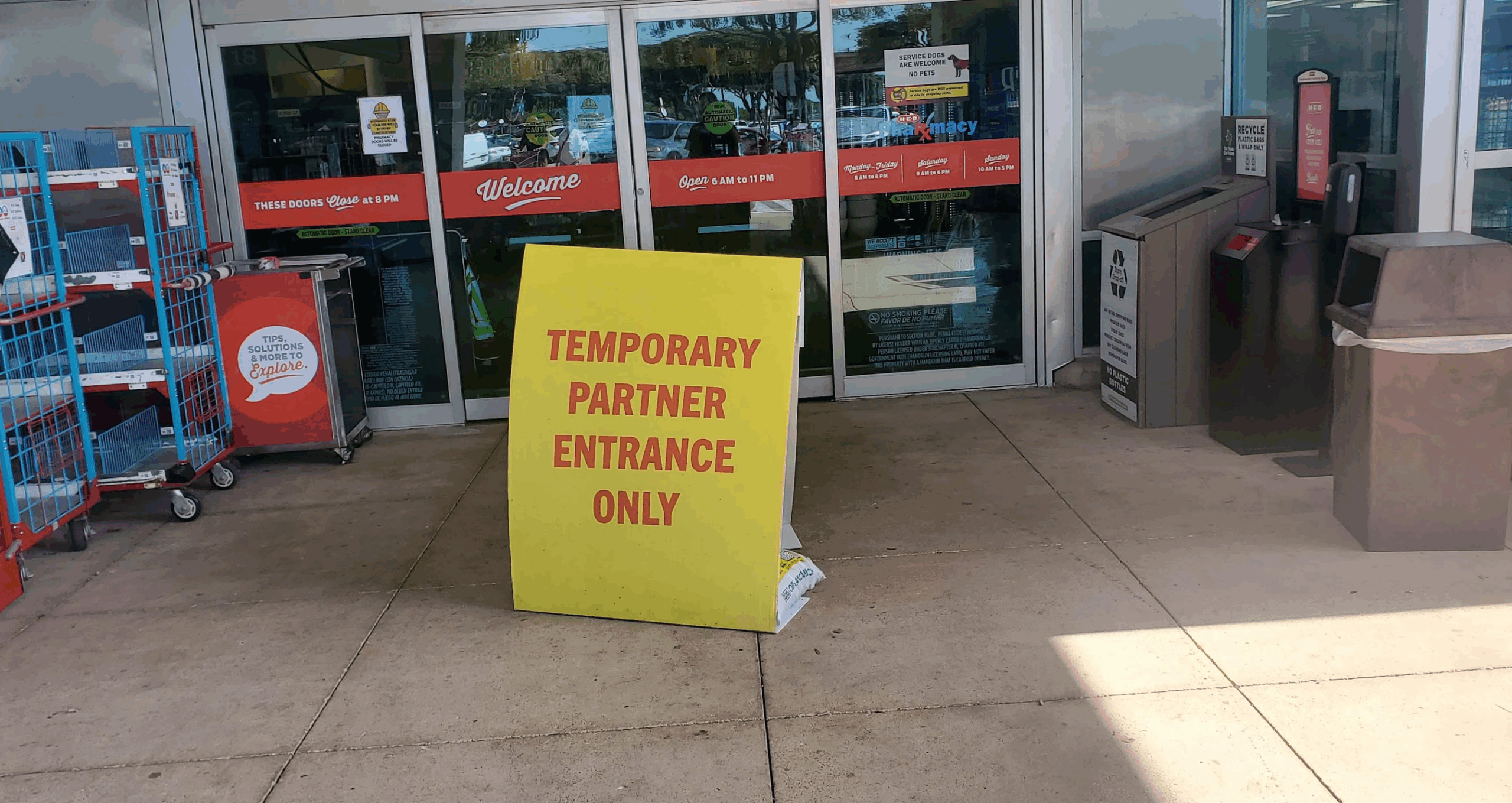The irony is thick, especially given how much technology has always been involved in music production. The “real music” debate has raged with every major innovation—synthesizers, drum machines, autotune, digital recording—yet these tools are now deeply woven into the music we all love. AI is just the latest evolution, enabling more creative possibilities rather than replacing true musicianship.
For people who’ve dedicated their lives to music, the initial resistance is natural—it feels personal, like technology is taking something that was earned through hard work. But in reality, AI is just another tool in the creative toolkit. It doesn’t replace the heart, vision, and human touch that musicians bring. Instead, it can help artists reach new levels, pushing boundaries and allowing for fresh interpretations.
I don’t mean to crush anyone’s “Santa Claus moment,” but some might be surprised to learn that many of their favorite albums already involve a ton of “assistive” technology—session musicians, ghostwriters, layers of digital effects. The whole production process, even before AI, was rarely as “organic” as fans imagine. But with AI, artists can actually have more creative control in a shorter time, crafting sounds and emotions in ways that would’ve taken entire teams and months of studio time.
AI music doesn’t devalue artistry—it amplifies it, especially for those open to collaboration. This human-AI synergy can enhance authenticity in unique ways, helping artists turn visions into reality faster and allowing them to experiment without as much of a time or resource burden. As someone who’s grown up alongside these technological shifts (as are many of you), we’re perfectly positioned to bring out the best of both worlds, showing that AI-enhanced music can be just as heartfelt, human, and impactful as any “old-school” method.
Remember what I always say; Synergistic Harmony!




